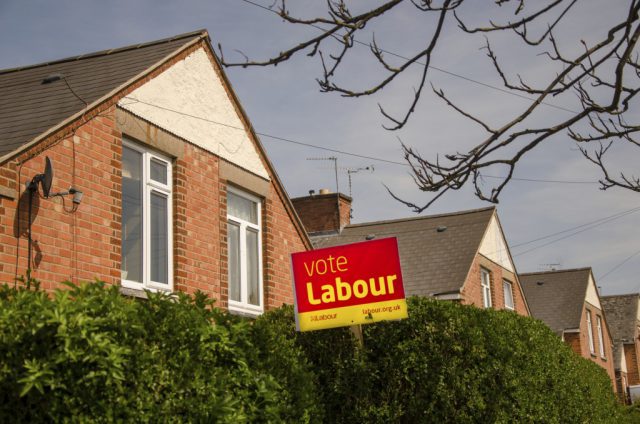Leader of the opposition Corbyn vows to protect private tenants
Leader of the opposition Jeremy Corbyn has put forward plans to introduce a new scheme designed at increasing protection for tenants in privately rented housing.
Should he be elected as Prime Minister in the next general election, Mr Corbyn is to launch the Tenants’ Right Charter. This would include a guarantee of three- year contracts and protections to cover severe rental hikes and unsafe living arrangements.
Plans
This new housing plan is just the latest in a number of policy announcements made by Mr Corbyn as he tries to resist challenges to his leadership by Owen Smith.
Corbyn has recently put forward proposals extending right to buy to tenants in privately rented homes, due to worries that the housing market is proving unaffordable for young people.
In other housing policy proposals, Mr Corbyn has promised that a future Labour government will construct one million new homes by the end of its first term in Parliament. This would cost approximately £10bn and Labour would make sure that half of the homes that are built are council properties.

Leader of the opposition Corbyn vows to protect private tenants
Broken
Mr Corbyn noted that, ‘successive governments have failed to fix our broken housing market. Decent housing is a basic human need affecting everything we do and is a significant factor on stress and mental health.’[1]
‘Our homes are where we should feel safe, yet for too many people housing is a source of anxiety-not security. And to a whole generation of our young people, the security of home ownership is rapidly becoming an impossible dream. That is why the next Labour government will reverse a generation of underinvestment in housing, particularly council housing and give the chance of a decent, secure, affordable home back to every family and citizen,’ he added.[1]
[1] https://www.landlordtoday.co.uk/breaking-news/2016/8/jeremy-corbyn-vows-to-better-protect-private-tenants-if-elected-pm







